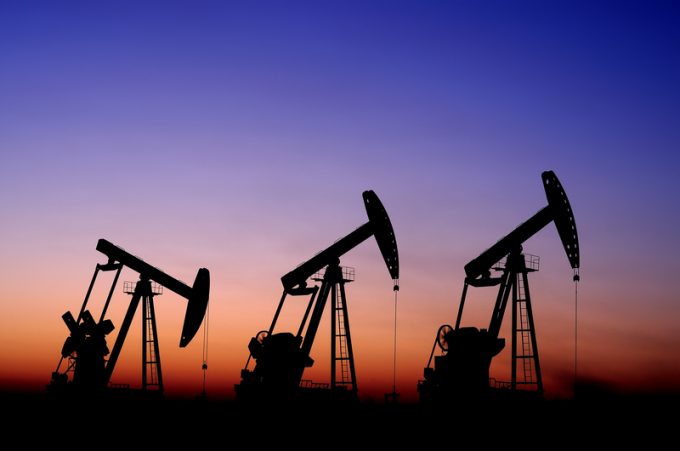COP29: UK PM announces 'determined commitment' to steep emissions cuts
Arriving at COP29 this week, UK prime minister Keir Starmer has unveiled a ‘nationally determined ...

Dr Sultan Al-Jaber, the beleaguered COP28 president, has provoked controversy once again by stating that science does not support a complete cessation of fossil fuels by 2050.
“There is no science out there, or no scenario out there, that says the phase-out of fossil fuel is ...

Comment on this article